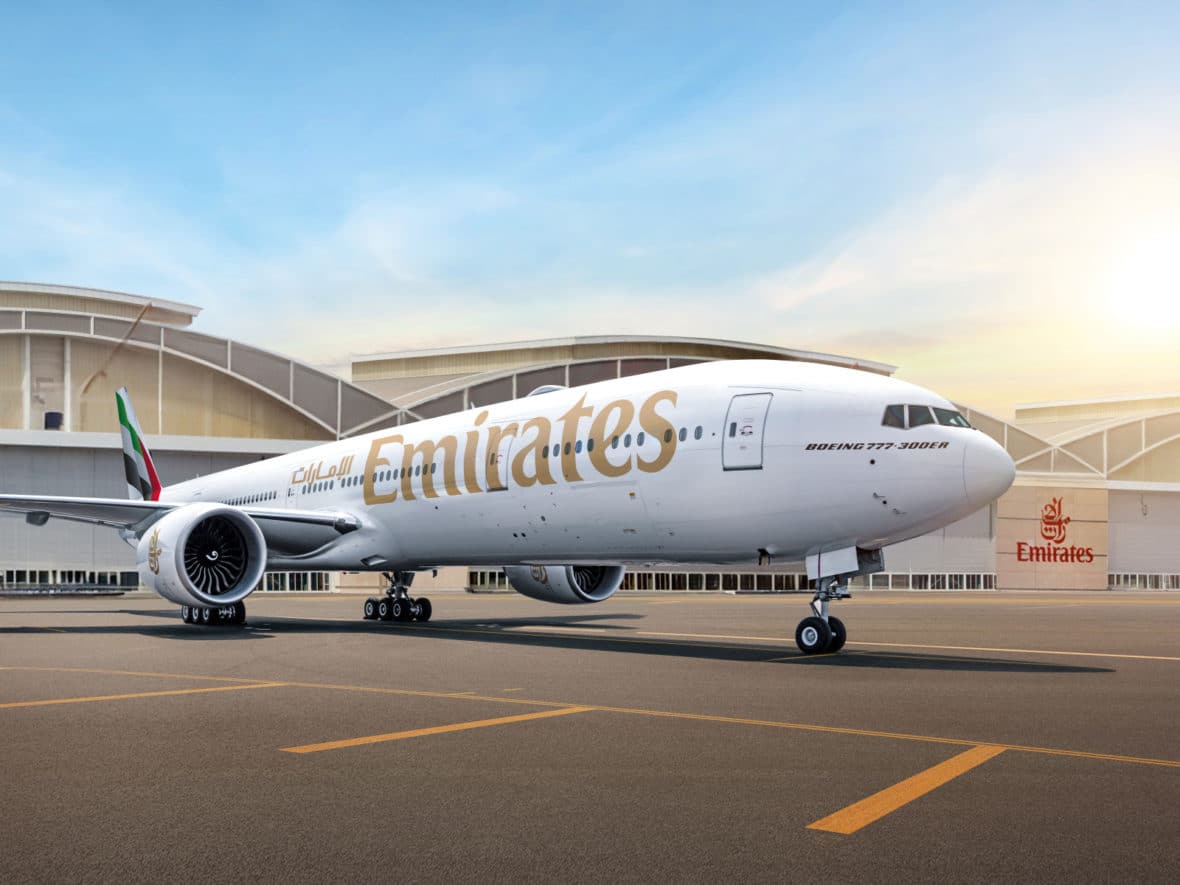
Emirates has committed to significantly improving its environmental, social and governance (ESG) reporting.
The airline and airport services group said it has expanded its ESG reporting in its newly-published annual report and is adopting aspects of the GRI (Global Reporting Initiative) standards.
Emirates said it plans to evolve its reporting to meet ISSB (the International Sustainability Standards Board) and CSRD (the EU’s Corporate Sustainability Reporting Directive) requirements in the coming years.

Emirates took significant strides in its sustainability journey during 2023-24, putting into action numerous initiatives focussed on the environment, its people, customers, and communities.
Environmental topics were high on the agenda during the year, as the UAE hosted the world’s biggest conference for climate action, COP28, in Dubai.

In 2023-24, Emirates signed new supply agreements to uplift sustainable aviation fuel (SAF) at its Dubai hub for the very first time, and also in Amsterdam and Singapore. The airline operated the first A380 demonstration flight using 100% SAF in one engine, collecting data to support industry efforts to enable a future of 100% SAF flying.
Recognising that airlines today have the limited viable solutions to meaningfully reduce carbon emissions, Emirates established a $200m fund to support R&D projects that focus on reducing the impact of fossil fuels in commercial aviation.
It also became a founding entity of Air-CRAFT, a UAE-based research consortium for renewable and advanced aviation fuels; and joined The Solent Cluster, a UK initiative focused on producing low-carbon fuels for a variety of sectors, including aviation.




